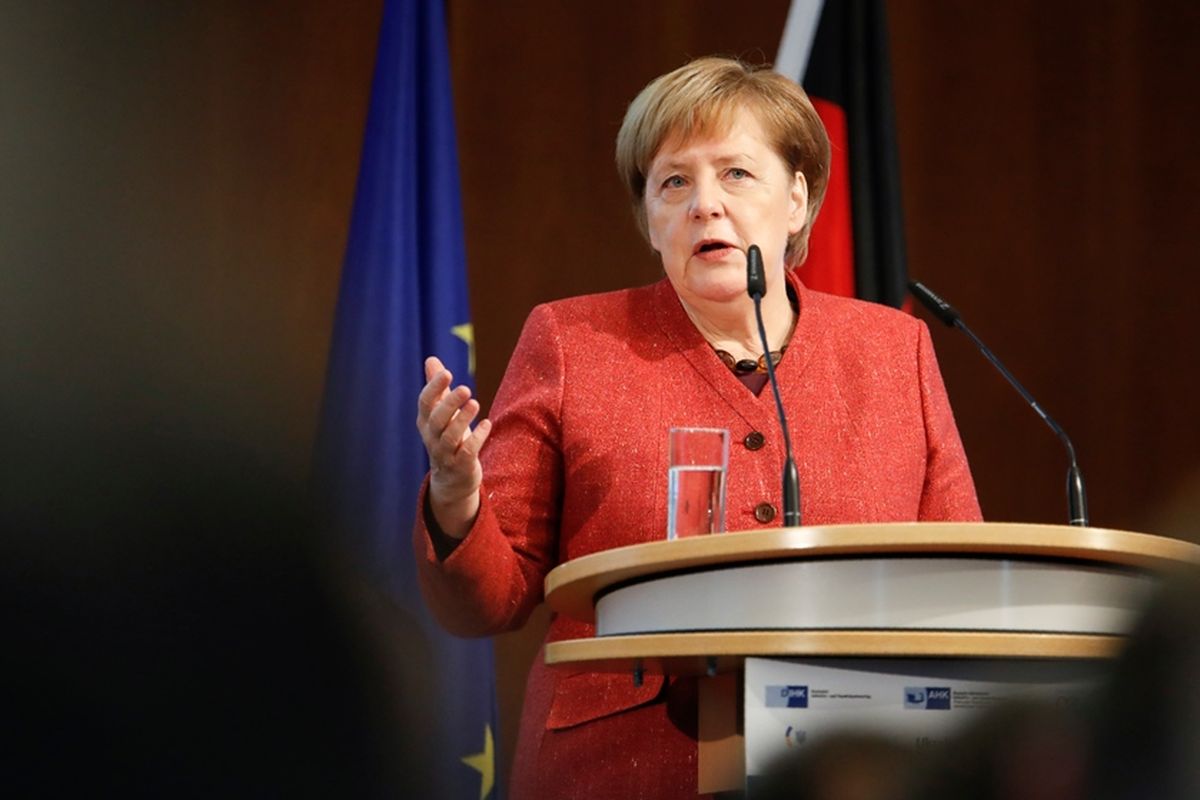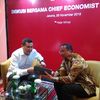EU Leaders Seal the Deal on $2.1 Trillion Coronavirus Recovery Fund

“When Germany and France stand together, they can’t do everything. But if they don’t stand together, nothing is possible," said Macron, challenging anyone in the world who criticized the days of infighting to think of a comparable joint endeavor.
Read also: Delays in France’s Pension Reform to Focus on Post-Pandemic Economic Recovery
“There are 27 of us around the table and we managed to come up with a joint budget. What other political area in the world is capable of that? None other," Macron said.
At first, Merkel and Macron wanted the grants to total 500 billion euros, but the so-called “frugals” — five wealthy northern nations led by the Netherlands — wanted a cut in such spending and strict economic reform conditions imposed. The figure was brought down to 390 billion euros, while the five nations also got guarantees on reforms.
“There is no such thing as perfection, but we have managed to make progress,” Macron said.
The summit, at the urn-shaped Europa center, long laid bare how the nations' narrow self-interests trumped the obvious common good for all to stand together and face a common adversary.
Rarely had a summit been as ill-tempered as this one, and it was the longest since a five-day summit in Nice, France, in 2000, when safeguarding national interests in institutional reforms long was a stumbling block.
“There were extremely tense moments,” Macron said.
Still, considering every EU leader had the right of veto on the whole package, the joint commitment to invest and spend such funds was hailed as a success.
The days and nights of brutal summiteering will surely have left many wounds between member states, but as history has proven, the EU has an uncanny gift to quickly produce scar tissue and move on.
“We all can take a hit," said Dutch Prime Minister Mark Rutte. “After all, there are presidents among us."
Despite bruising confrontations with Merkel, Macron and his Italian counterpart, Giuseppe Conte, Rutte maintained that “we have very good, warm relations."
Conte also didn't have time to dwell on grudges.
With 35,000 Italians dead from Covid-19 and facing EU estimates his economy will plunge 11.2 percent this year, he had to think ahead of things big and small — from getting cash to businesses still trying to get a foothold after the lockdown to getting school desks.
Baca juga: Indonesia Imposes Biodiesel Program to Fight Smear Campaign Against Palm Oil in EU
In order to open in September, his country needs up to 3 million new desks, to substitute old-fashioned double and triple desks so students can keep a proper distance.


































